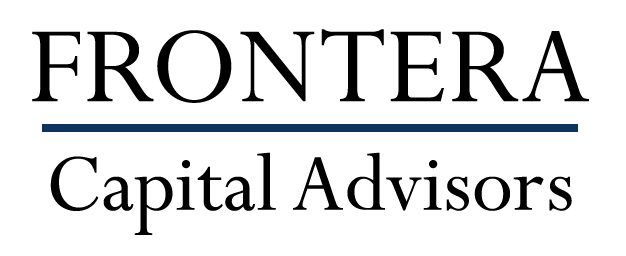01 Jul Weak Economy Is Becoming an Obstacle for Macri Reelection
In late 2015, Mauricio Macri was elected president of Argentina promising to distance the country from the interventionist economic policy of his left-leaning predecessor, Cristina Fernández de Kirchner. However, with only five months left in Macri’s first term, Argentina is deep into yet another recession with no clear solutions in sight. As the Macri administration tries to justify its austerity measures, it has faced an increasingly frustrated electorate. Questions are being raised about Argentina’s economic future as well as the viability of Macri’s reelection bid.
Despite the implementation of a very high tax rate, Fernández de Kirchner left Argentina with a large deficit and double-digit inflation. In the 2015 election, Macri ran a successful presidential bid by pledging to change the direction of the Argentine economy through free market-oriented actions such as removing currency controls, decreasing tariffs, and ending Argentina’s default on its sovereign debt. Once elected, this strategy was implemented with some initial success, allowing President Macri and his Cambiemos coalition to make significant gains in the 2017 legislative elections. Notwithstanding, Argentina’s economic conditions began to deteriorate in 2018, due in part to the US Federal Reserve’s decision to raise interest rates, which pulled investors away from developing countries like Argentina. As one of the countries most affected by this shift, along with Brazil and Turkey, the costs of servicing Argentina’s dollar debts became rapidly more expensive. This difficult financial situation forced Macri to seek a US$57 billion loan from the International Monetary Fund.
One of the conditions required by the IMF for the granting of the loan was for the Argentine government to significantly reduce spending. In order to achieve this, the Macri administration was forced to enact significant cuts to social programs and utility subsidies, sparking outrage across the country. Political opposition and union leaders have led multiple national strikes since the budget cuts were announced, shutting down airports, public transport, businesses, and schools. In response, the Macri administration has decided to freeze prices on certain basic consumer goods in order to quell the protestors, to no avail. Despite the crisis dealing a huge blow to Macri’s popularity, he announced his intentions to run for a second term in the October presidential elections. This week, the European Union and the Mercosur trade bloc, comprising Argentina, Brazil, Uruguay and Paraguay, announced a historic trade deal, which would remove billions of dollars of tariffs. It remains to be seen if the EU-Mercosur agreement will have a more immediate effect on the Argentine economy than the IMF loan. This deal could potentially become a significant boost for Macri’s campaign.
Throughout 2019, Argentine provinces will be heading to the polls for provincial elections, culminating in the presidential election on October 27th. Two provinces that have already held regional elections have been Río Negro and Córdoba. In Río Negro, the candidate of a local political movement defeated both the kirchnerista Frente para la Victoria (FPV) and Cambiemos candidates. Meanwhile, Córdoba re-elected a governor from a left-leaning, anti-Macri movement which had recently distanced itself from Fernández de Kirchner. Even though the FPV has not won any significant regional elections to date, the dismal performance of Cambiemos’ candidates signals a difficult path for President Macri to win reelection.
Despite facing an ongoing trial over corruption charges, Fernández de Kirchner still enjoys a relatively high level of approval in Argentina. She will be running as the vice-presidential candidate of her former cabinet chief Alberto Fernández. If they are able to unite the left around their candidacy, they will create a significant political bloc that an unpopular Macri would have a hard time overcoming.
As Argentina shows little signs of recovering from its most recent recession, time is running out for President Macri to convince Argentine voters that he offers a better alternative to the peronista brand of socialism offered by the FPV. In order for him to have a realistic chance of victory in October, Macri and his supporters need the benefits of the IMF loan and the EU trade deal to take effect to counter the country’s persistent inflation and revive the Argentine economy. Until then, President Macri’s electoral prospects seem grim.


